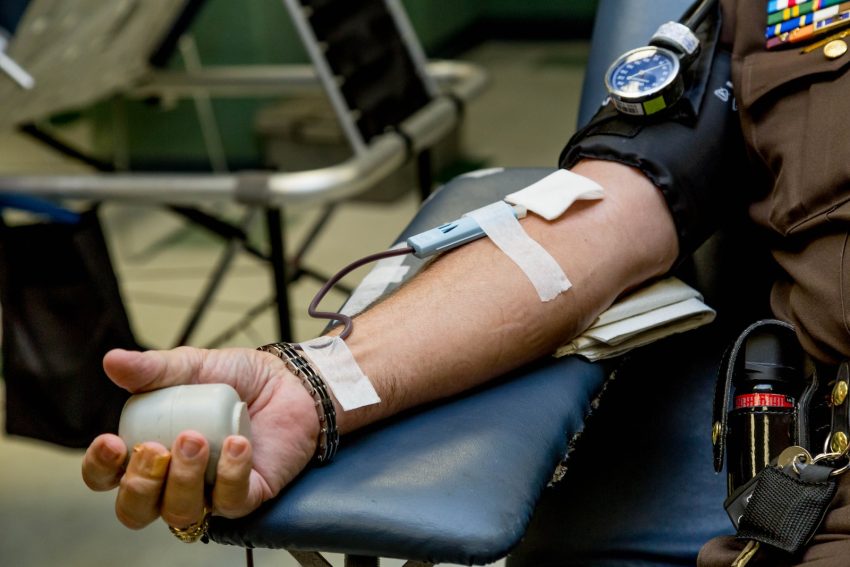Garlic has many properties that prevent blood clots and thickening of the blood vessels, and also easily relieves high blood pressure complications.
Blood pressure, in addition to lowering the quality of life, will put you at risk of developing deadly diseases, and luckily these are the conditions that can be overcome.
If your blood pressure is higher than 120/80 mmHg, and if you are looking for simple solutions to keep your blood pressure healthy, the plate of food is a great way to achieve this.
Choosing six types of herbal foods and consuming them daily helps reduce your blood pressure.
Beans: This nutrient is rich in fiber, potassium and magnesium, and helps keep blood pressure healthy. People who take a cup of beans and other legumes a day are seeing a drop in their blood pressure.
Cocoa: Australian researchers have shown that adding cacao to a diet can help reduce blood pressure and improve blood vessel function due to the presence of flavonol. Harvard researchers also said dark chocolate helps lower blood pressure in people with high blood pressure.
Banana: is an extraordinary source of potassium and neutralizes sodium effects in boosting blood pressure. Adults should receive about 4,700 mg of potassium daily and an average banana will reduce 12% of this requirement.
Tomatoes: contain lots of lycopene. This antioxidant significantly reduces blood pressure. It is also rich in calcium, potassium, vitamins A, E and E and contains all the nutrients needed to prevent blood pressure.
Garlic: It has several properties that prevent clotting and thickening of blood vessels and also to ease the side effects of high blood pressure fights.
Celery: contains a substance called Solidus, which makes the muscles around the veins relax and relax. With blood vessels dilating, the blood moves with less pressure and low blood pressure.
The risk of developing high blood pressure decreases with the following:
- Reduce salt intake
- Regular physical activity
- Fixing the ideal weight
- Observe a balanced diet
- Avoid Smoking
- Avoiding Alcohol
How Does Nutrition Affect Blood Pressure?
- Some foods (such as foods rich in salt or sodium) can increase your blood pressure.
- Weight gain increases blood pressure.
- Losing weight can reduce your blood pressure.
- Reducing fat intake can affect blood pressure.
What should be observed to control blood pressure?
- Use different dishes. In other words, eat the daily amount of food in the five main food groups (breads, cereals, fruits, vegetables, milk and dairy products, meat, legumes and eggs) to the recommended amount.
- Use foods rich in fiber, such as breads and pasta made from whole grains, fresh fruits and vegetables.
- Breads that have not been used in baking them. Limit the consumption of canned food and prepared dishes that are made outdoors.
- Use more vegetables and fruits daily.
- To improve the taste of food, instead of salt, use a variety of fresh and fresh vegetables, garlic, lemon juice and orange juice.
- Avoid fried foods, high-fat meat, pastries, cookies and high-fat crumbs.
- Use vegetable oils (canola, olive oil, etc.) instead of solid and animal oils.

1 thought on “How To Control High Blood Pressure”